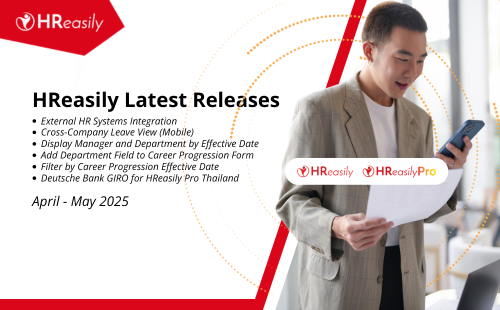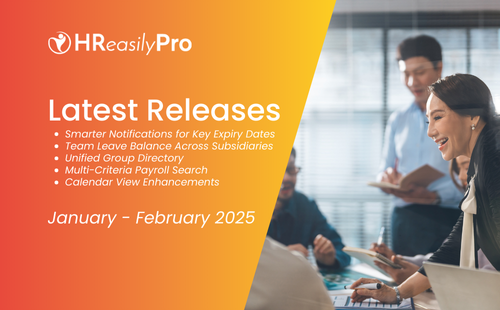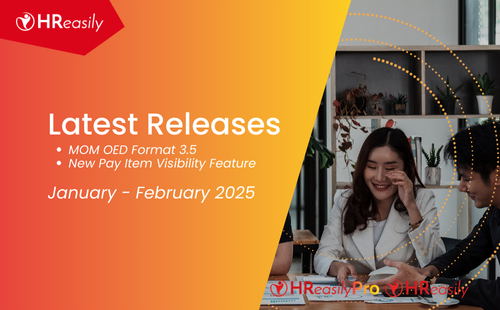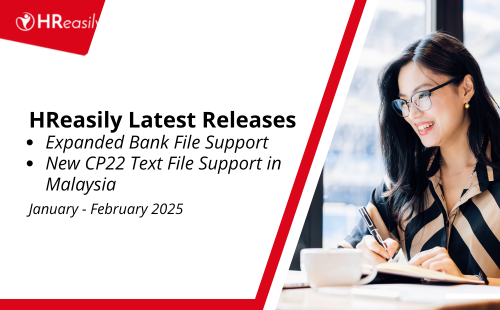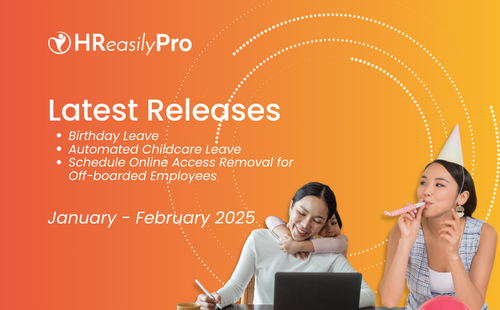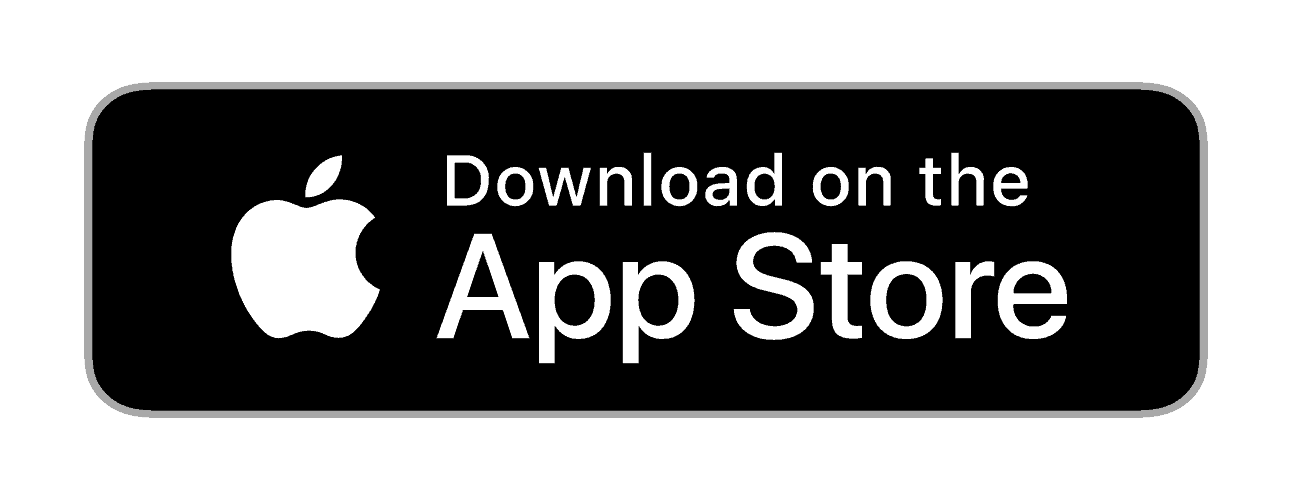
It is well known that organisations, big or small, are constantly seeking innovative approaches to stay competitive and agile. One area where this is becoming increasingly evident is in Human Resources (HR). The adoption of Agile methodologies in HR processes has emerged as a transformative strategy, enabling companies to enhance adaptability and responsiveness to the ever-changing needs of the organisation.
Understanding Agile Methodologies
Agile methodologies, initially established in software development, prioritise flexibility, collaboration, and a customer-centric approach. The foundational tenets of Agile—such as iterative development, continuous feedback, and adaptive planning—have demonstrated their adaptability across diverse business domains, including HR. Traditional HR methodologies have typically adhered to a linear, process-oriented model. Nevertheless, in the face of organisational disruptions, mergers, and changes in market dynamics, the necessity for a responsive and agile HR function becomes increasingly crucial.
The Agile Approach in HR
Iterative Processes: One of the key principles of Agile is the iterative approach to project management. Applied to HR, this means breaking down larger HR initiatives into smaller, manageable tasks or sprints. By doing so, HR teams can quickly respond to changing priorities, ensuring that the most critical issues are addressed promptly.
Continuous Feedback: Agile HR emphasises the importance of continuous feedback loops. This involves regular check-ins, performance discussions, and evaluations. Such ongoing feedback not only contributes to employee development but also allows HR teams to swiftly adapt strategies based on changing organisational needs.
Cross-Functional Collaboration: Agile methodologies stress the importance of cross-functional collaboration. In HR, this translates to breaking down silos between different departments and promoting collaboration between HR professionals and other teams. By fostering a culture of open communication, organisations can ensure that HR practices align with the broader objectives of the company.
Adaptive Planning: Traditional HR planning often involves long-term strategies. Agile HR, on the other hand, encourages adaptive planning, where strategies are adjusted based on real-time feedback and evolving business conditions. This enables HR to align talent strategies with the organisation’s changing needs more effectively.
Benefits of Agile HR Practices
- Enhanced Flexibility: Agile HR enables swift adjustments in response to shifts in the business environment, ensuring that HR strategies remain in harmony with organisational goals.
- Elevated Employee Engagement: The implementation of continuous feedback and collaborative methods fosters heightened employee engagement, with employees feeling more involved and valued in the decision-making process.
- Accelerated Time-to-Market for HR Initiatives: Agile HR, through the breakdown of HR initiatives into smaller, manageable components, facilitates quicker implementation and adaptability to market demands.
- Improved Alignment with Organisational Goals: Agile HR practices guarantee a close alignment of HR strategies with the overarching objectives of the organisation, contributing to a more integrated and effective approach.
Navigating the Challenges of Implementing Agile HR
While the advantages of Agile HR practices are compelling, the journey to implementation is not without its hurdles. Transitioning from traditional HR structures to Agile methodologies necessitates a profound cultural shift within an organisation. This shift involves a reevaluation of established norms, values, and ways of working.
One of the primary challenges lies in overcoming resistance to change. Individuals accustomed to traditional HR frameworks may find it challenging to embrace the dynamic and iterative nature of Agile methodologies. This resistance emphasises the importance of effective change management strategies, including communication plans, leadership support, and the provision of resources for training.
Training, indeed, is a critical component of successful Agile HR adoption. Employees at all levels need to be equipped with the skills and mindset required to collaborate in cross-functional teams, embrace flexibility, and contribute to iterative processes. This training is not a one-time effort but an ongoing initiative to keep the workforce aligned with Agile principles.
Moreover, Agile HR implementation may face setbacks without strong leadership commitment. Leadership support is crucial for reinforcing the values of agility, encouraging experimentation, and fostering a culture that values continuous improvement. Leaders need to champion the cause, embody Agile principles, and actively participate in the transformation process.
Another challenge involves finding the right balance between flexibility and structure. While Agile methodologies thrive on adaptability, there is still a need for a certain level of structure to ensure consistency and alignment with organisational objectives. Striking this balance requires careful consideration and ongoing refinement of Agile processes.
In summary, the challenges in implementing Agile HR are multifaceted. Overcoming resistance to change, providing comprehensive training, securing leadership commitment, and finding the right balance between flexibility and structure are crucial steps in ensuring a successful transition. Acknowledging and addressing these challenges head-on can pave the way for an HR function that is not only responsive to change but thrives in the dynamic landscape of the modern workplace.
Ready to simplify your HR processes? Take your HR management to the next level with HReasily Try 30-day trial today!
If you need any help, we’re here for you. Email us at [email protected] .
Our dedicated team is excited to guide you through harnessing the full power of this integration, customised to suit your unique HR needs. Let us help you streamline your processes and drive efficiency in your HR operations.

